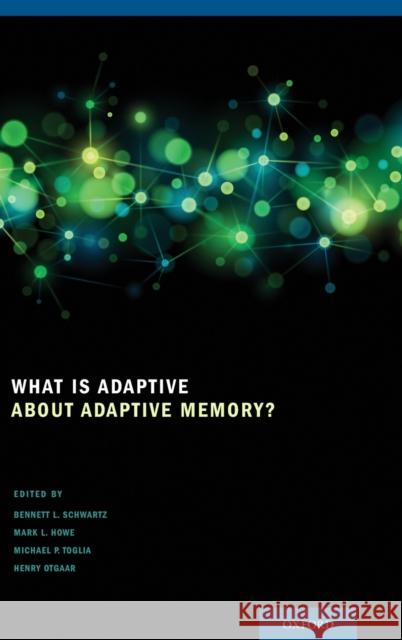What Is Adaptive about Adaptive Memory? » książka
What Is Adaptive about Adaptive Memory?
ISBN-13: 9780199928057 / Angielski / Twarda / 2013 / 352 str.
Human memory, like other biological systems, has been subject to natural selection over the course of evolution. However, cognitive systems do not fossilize, which means that current researchers must infer evolutionary influences on human memory from current human behavior rather than from fossils or artifacts. Examining the potential for cognition as adaptation has often been ignored by cognitive psychology. Recently, a number of researchers have identified variables that affect human memory that may reflect these ancestral influences. These include survival processing, future-oriented processing, spatial memory, cheater detection, face memory and a variety of social influences on memory. The current volume grew out of discussion at the symposium on survival processing at the SARMAC conference in June 2011, in New York City. The goal of this volume will be to present the best theoretical and empirical work on the adaptive nature of memory. It features the most current work of a number of cognitive psychologists, developmental psychologists, comparative psychologists and cognitive neuroscientists, who have focused on this issue. This is important because much this work is necessarily interdisciplinary and is therefore spread out across a range of journals and conferences.











